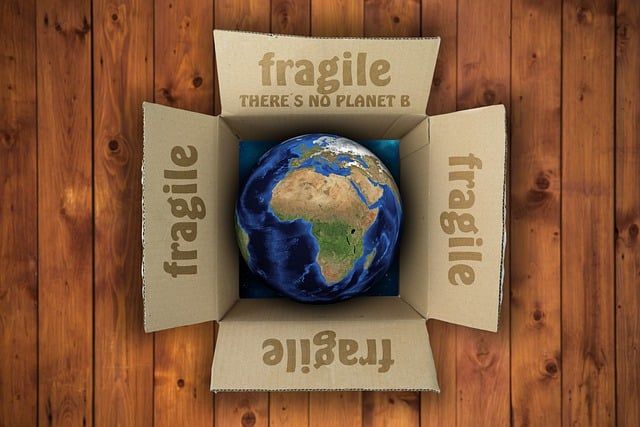
Of late many experts have started to look at climate change, caused by human activity, as the reason behind the increasing incidence of natural disasters. In fact, not only are human lifestyles and industrial activities changing the world's climate, but the model of development being followed by most countries is magnifying the scale of destruction and damage in the event of a natural disaster. Growing urbanisation is resulting in the concentration of humans in densely populated cities that draw a huge amount of resources to support the increasingly consumerist lifestyles of their people. With land in cities scarce and expensive, high-rise buildings are favoured for commercial as well as residential use. With communications technology advancing at an amazing pace, a lot of business and personal work is now done electronically. As technology advances and spreads geographically, more and more work is being automated to save money and time. The result of all this is an ever-increasing dependence on machines, and in many cases their complex networks, where a glitch in one place can have global repercussions. The downside of such dependence on machines and electricity becomes apparent from time to time when some cities suffer blackouts. Trains grind to a halt, including underground metro trains in which passengers are trapped in dark tunnels, people get stuck in lifts in high-rise buildings, supermarkets stop selling goods because their cash registers don't work, and work that involves computers comes to a standstill. Power outages during disasters also knock out the supply of water, which is more vital for survival than electricity. And since urban areas have more people and buildings, the scale of all these problems during a disaster is bigger in cities than in rural areas that are more self-contained and less reliant on automated systems. Hence,if we adopt the philosophy of minimal use and equitable distribution of resources, we will not only live more responsibly on this planet but also see the magnitude of our problems reduced. But instead of adopting an approach that reduces our consumption of resources and our dependence on machines, we are seeking clever technological fixes for all foreseeable problems and in the process becoming more beholden to external resources that can fail us any time. It is high time now that we shift our focus to a more down to earth, sustainable model of development that would place less burden on the planet and not give rise to increasingly complex problems with the passage of time. It’s still not too late, even now there is time to change our course towards more sustainable, nature-friendly practices. It only requires a change in our mindset — from that of acquisition and consumption to one of sharing and caring.
The writer is a spiritual educator and popular columnist for publications across India, Nepal and the UK, and has written more than 8,000 columns. He can be contacted at nikunjji@gmail.com / www.brahmakumaris.com